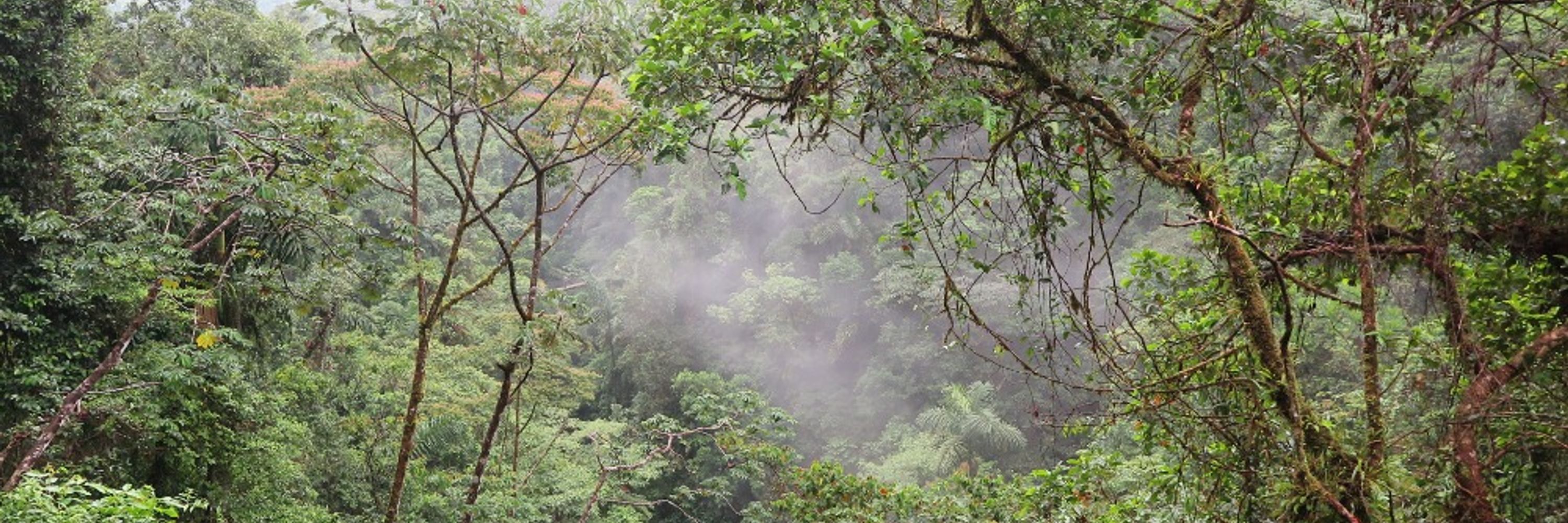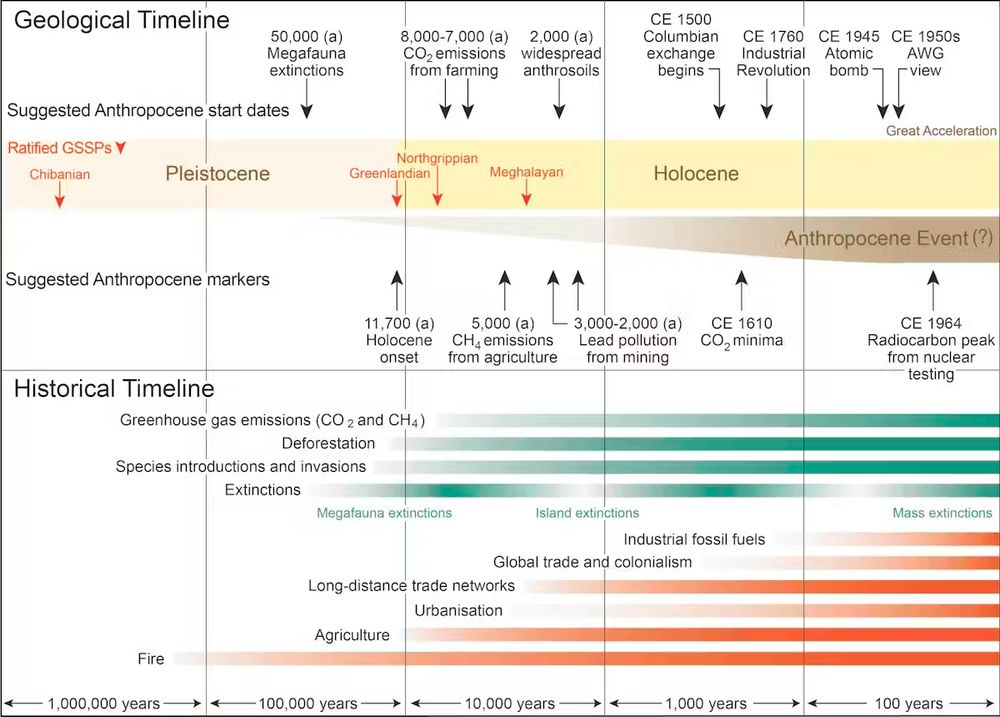
More about our lab here: www.ecodivlab.com






The 2nd publication from Poppy Romera's Masters is just out in @natcomms.nature.com
We find that adherence of 180 soil food webs to the energy equivalence rule strongly depends on the measure of energy use, trophic level, and food web structure. www.nature.com/articles/s41...

The 2nd publication from Poppy Romera's Masters is just out in @natcomms.nature.com
We find that adherence of 180 soil food webs to the energy equivalence rule strongly depends on the measure of energy use, trophic level, and food web structure. www.nature.com/articles/s41...
Using long-term Åland monitoring data, we found that herbivory increases plant diversity across scales and flips the diversity–area relationship: a positive relationship is found in grazed sites while a negative one in ungrazed sites.
🔗 doi.org/10.1111/ele....

Using long-term Åland monitoring data, we found that herbivory increases plant diversity across scales and flips the diversity–area relationship: a positive relationship is found in grazed sites while a negative one in ungrazed sites.
🔗 doi.org/10.1111/ele....

www.biorxiv.org/content/10.1...
@globalchangeeco.bsky.social @uni-wuerzburg.de

www.biorxiv.org/content/10.1...
@globalchangeeco.bsky.social @uni-wuerzburg.de
🔗 doi.org/10.1111/ddi....

🔗 doi.org/10.1111/ddi....
just out in @natcomms.nature.com
www.nature.com/articles/s41...
🌐

just out in @natcomms.nature.com
www.nature.com/articles/s41...
🌐
doi.org/10.1016/j.so...
doi.org/10.1016/j.so...
monthlyreview.org/articles/has...
>>> Of course NOT <<<
The evidence speaks for itself.
No geologists, epochs or hype required.
theconversation.com/the-anthropo... 🌍⚒️🌐🧪

monthlyreview.org/articles/has...
>>> Of course NOT <<<
The evidence speaks for itself.
No geologists, epochs or hype required.
theconversation.com/the-anthropo... 🌍⚒️🌐🧪

Submit your paper to this Special Issue of NZ Journal of Zoology, edited by me, @carlosbarreto.bsky.social & @barnesecodiv.bsky.social!
More info: www.royalsociety.org.nz/news/nzjz-so...
#SoilBiodiversity 🧪

Submit your paper to this Special Issue of NZ Journal of Zoology, edited by me, @carlosbarreto.bsky.social & @barnesecodiv.bsky.social!
More info: www.royalsociety.org.nz/news/nzjz-so...
#SoilBiodiversity 🧪
#Ecology #EcologicalNetwork #Macroecology #Biogeography

#Ecology #EcologicalNetwork #Macroecology #Biogeography



If You're Rare, Should I Care? How Imperfect Detection Changes Relationships Between Biodiversity and Global Change Drivers
🔗 buff.ly/FvZGYmA

If You're Rare, Should I Care? How Imperfect Detection Changes Relationships Between Biodiversity and Global Change Drivers
🔗 buff.ly/FvZGYmA
www.pnas.org/doi/10.1073/...

www.pnas.org/doi/10.1073/...


